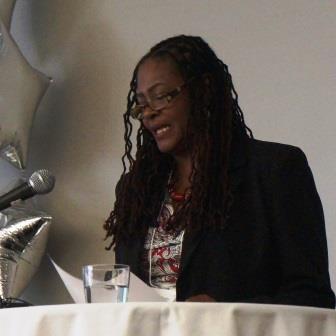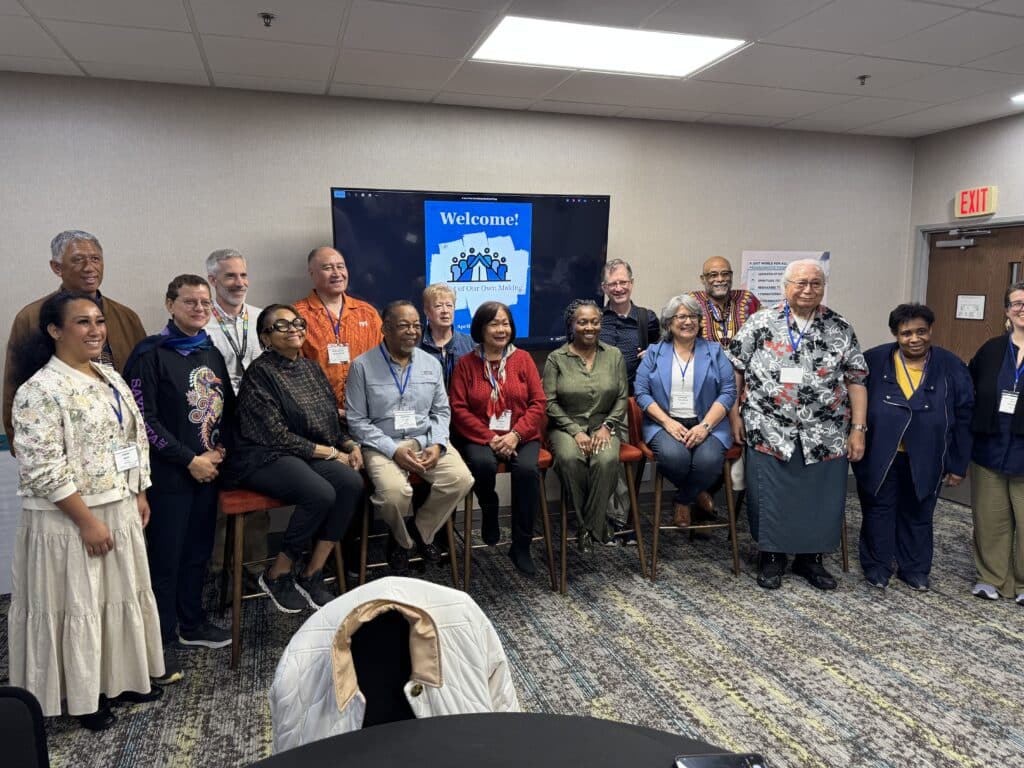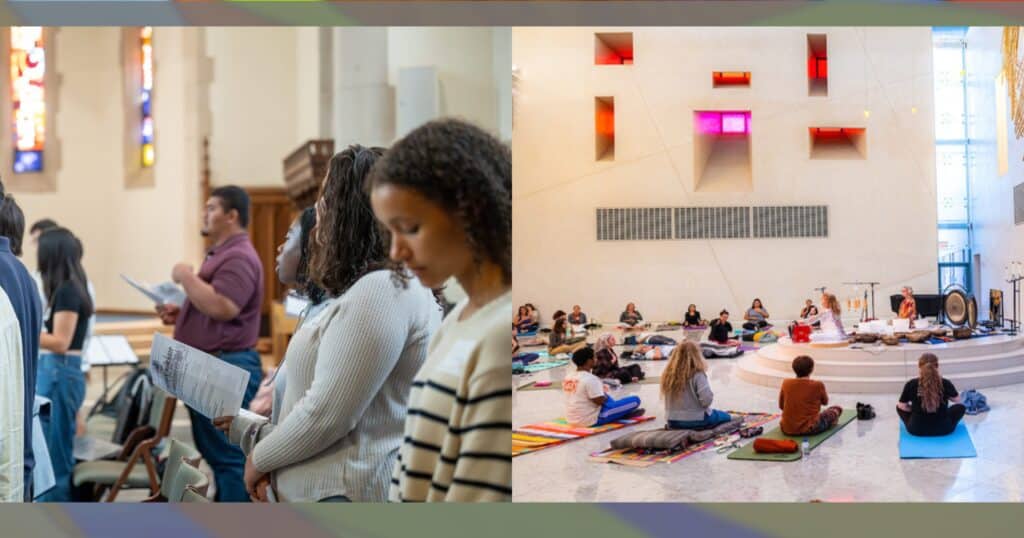Commentary: People of Faith Must Do More Than Pray
 When someone I know shares their personal troubles with me, I must confess that at times I have responded, “I’ll be praying for you and your family.” You have probably heard this trite statement many times, perhaps you have used it. We realize that this catchphrase is no excuse for inaction. Although seemingly without compassion, it is our sincere desire to respond in love, particularly when we are not sure what to do. The incarceration of a loved one or a family member is an issue that challenges our response. There is often silence in our churches when a family member gets the courage to speak up about their situation. We may listen to their stories, but our inaction creates a feeling of abandonment.
When someone I know shares their personal troubles with me, I must confess that at times I have responded, “I’ll be praying for you and your family.” You have probably heard this trite statement many times, perhaps you have used it. We realize that this catchphrase is no excuse for inaction. Although seemingly without compassion, it is our sincere desire to respond in love, particularly when we are not sure what to do. The incarceration of a loved one or a family member is an issue that challenges our response. There is often silence in our churches when a family member gets the courage to speak up about their situation. We may listen to their stories, but our inaction creates a feeling of abandonment.
The United Church of Christ’s Justice and Witness Ministries held an event “Where Do We Go from Here? – A Faith Call to End Mass Incarceration.” This first step educated local UCC churches on the issues of mass incarceration. It challenged participants to action and advocacy on the shameful conditions in the criminal justice system. The United States is the world’s leader in incarceration, with 2.3 million people currently in the nation’s prisons or jails. While the U.S. comprises 5 percent of the total global population, it alone accounts for 25 percent of the world’s prison population. According to the Sentencing Project, more than 60 percent of the people in prison are now racial and ethnic minorities. African Americans are incarcerated at nearly six times the rate of whites, constituting nearly 1 million of the 2.3 million persons. These few startling facts indicate why “the Church in America cannot remain silent.”
The church must move beyond its quest for racial, political, and ideological securities to advocate for justice, equality, and fair treatment in the American criminal justice system. While there is not yet uniform agreement about the causes of mass incarceration or the measures that are needed to restore our broken criminal justice system, both houses of Congress are working together. There is bipartisan agreement on sentencing reform bills, such as the Smarter Sentencing Act (S.502/H.R. 920), which allows flexibility and discretion in sentencing.
For decades, the United Church of Christ General Synod has affirmed its denominational commitment to reforming the criminal justice systems of state and federal governments. “But the judgment of God is upon the church as never before. If today’s church does not recapture the sacrificial spirit of the early church, it will lose its authenticity, forfeit the loyalty of millions, and be dismissed as an irrelevant social club with no meaning for the twentieth century.” (The Rev. Dr. Martin Luther King, Jr., Letter from Birmingham Jail).
The moral urgency of criminal justice reform is crystal clear. We are called to not only “pray” for those directly affected, but we are also called to “act.”
Barbara T. Baylor, MPH, is the UCC’s Policy Advocate for Domestic Issues.
View this and other columns on the UCC’s Witness for Justice page.
Donate to support Justice and Witness Ministries.
Click here to download the bulletin insert.
Related News
UCC leaders, partners gather to vision for a more inclusive version of the church
No two United Church of Christ congregations are alike, and not all UCC congregations identify...
Read MoreGrowing faith: How three campus chaplains are attending to the sacred work of meeting student needs
When the Rev. Quinn Caldwell leads communion during a weekly worship service for students at...
Read More2025 UCC Earth Summit addresses climate change and introduces a new partnership
The United Church of Christ's third annual Earth Summit was held on Saturday, April 26, 2025....
Read More



